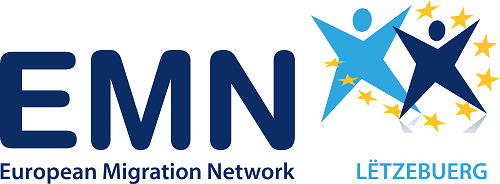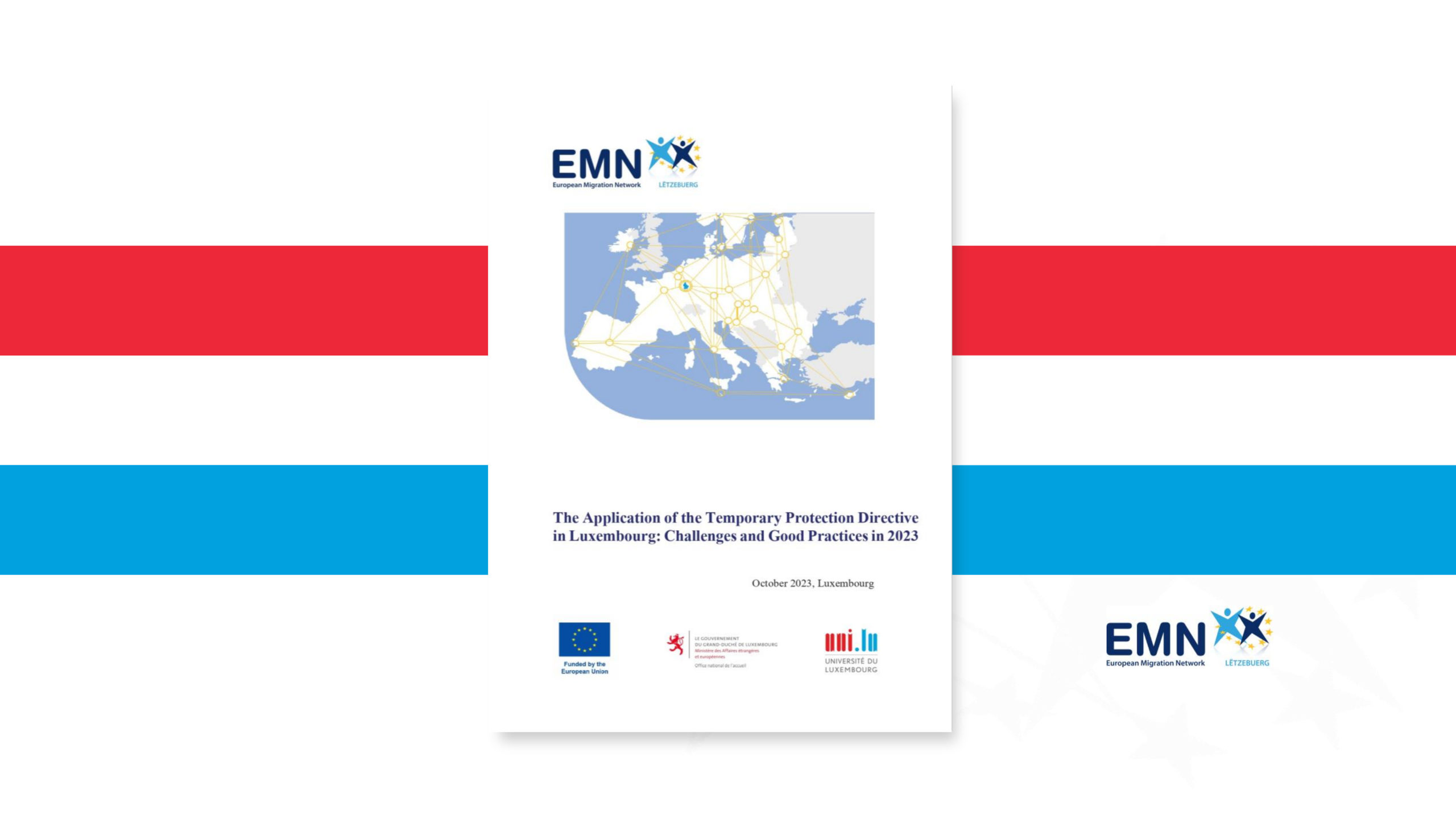This EMN study examines the implementation of the Temporary Protection Directive (TPD) in 2023 in Luxembourg, offering insights into developments, challenges, and good practices. The study highlights the Directive’s critical role in providing protection to displaced persons from Ukraine following Russia’s aggression, which led to unprecedented levels of migration to the European Union. Overall, most challenges in 2023 were the same as in 2022. The measures employed back in 2022 have proven successful and were – sometimes with adaptations based on gained experience – continued. However, despite their effectiveness, some measures require additional time to fully unfold their positive impacts. Specific situations, such as the labour market participation of beneficiaries of temporary protection (BTPs), take longer to improve as remedying of the identified challenges, lack of language skills and childcare spots, recognition of qualifications takes time. This situation results in low labour market participation of BTPs.
For further details please download the full study below.

